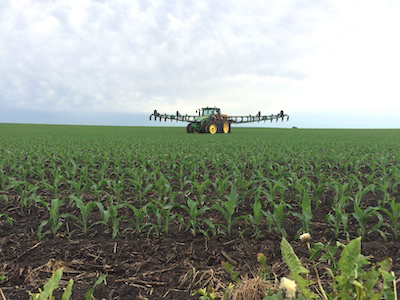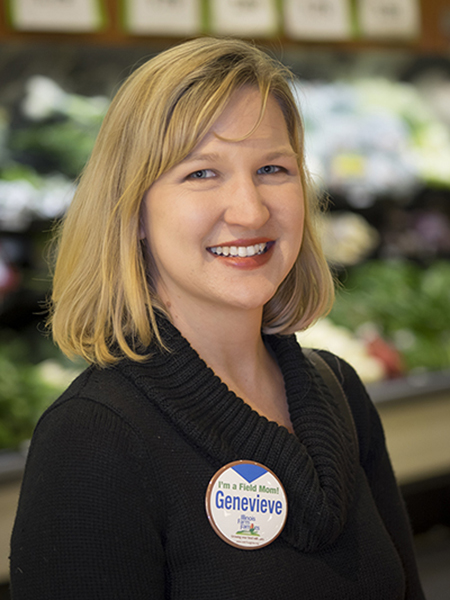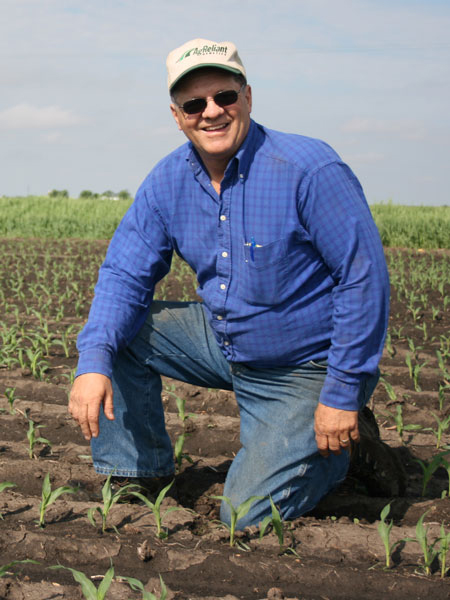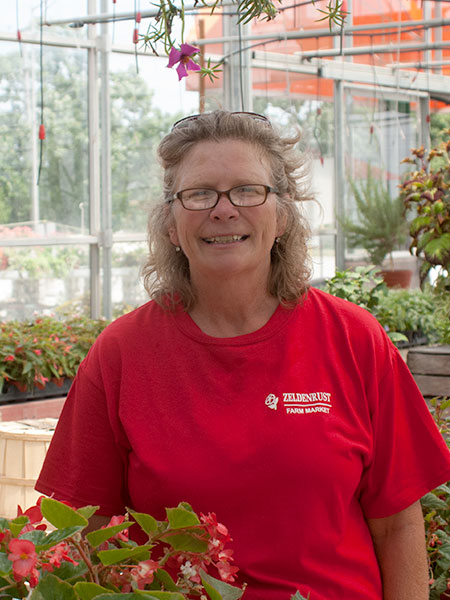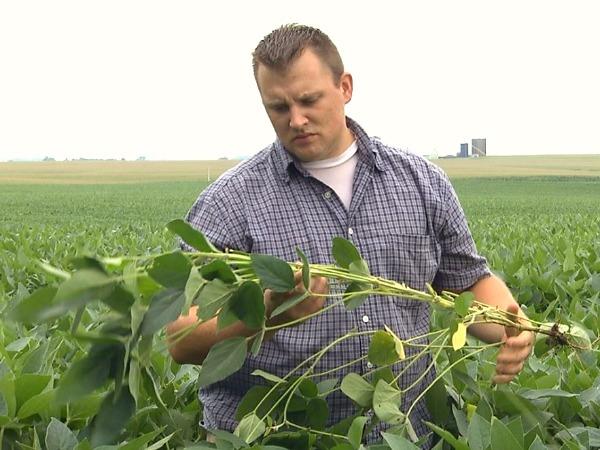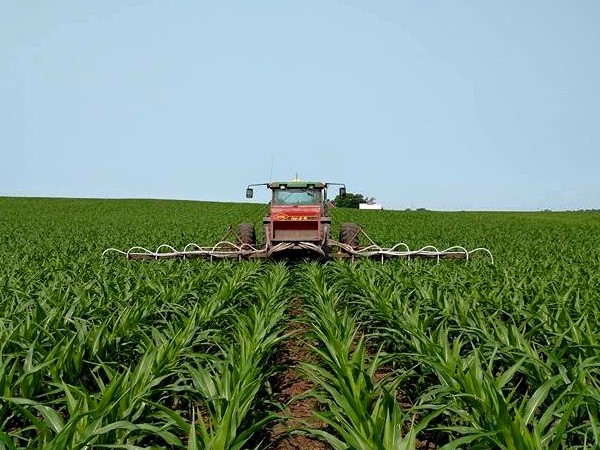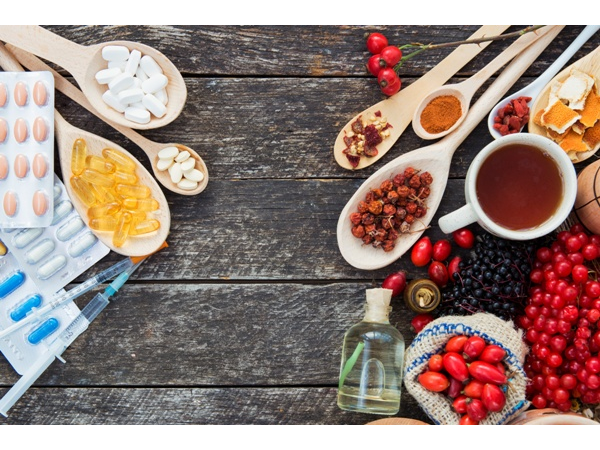Farmer
FEWER, SMARTER CHEMICALS = LESS IMPACT ON SOIL, WATER AND CROPS
My farm is roughly the size of 1,300 football fields. As I see it, I’m the steward of those acres. I’m doing my best to grow the most from these acres in a sustainable way. For me it’s all about growing high-quality products that feed my family and yours.
- The only chemicals I use have been proven safe by the FDA, the USDA, and the EPA after rigorous testing.
- Before applying chemicals, the applicator must be certified for proper use and application.
- Today’s chemicals are precise, effective and leave virtually no residue on the soil, water or crop – that’s because they are designed to break down after they accomplish their job and become inactive.
- That’s why I’m confident I can walk through a sprayed field just days or even 72 hours later, and the products I harvest are safe to eat.
Mom
HI TECH CHEMICAL SPRAYING
When I had a chance to talk with farmers about how chemicals are used, I came away with a better understanding – less fear about my food:
- Both conventional and organic farmers may use chemicals to get the highest yield possible.
- Farmers are required to attend trainings and be certified to apply any chemical.
- GPS technology allows farmers to spray precisely, where needed, depending on weed levels.
- 95% of what they spray is water.
Farmer
TRADEOFFS – GENETICALLY MODIFIED VS. MORE INSECTICIDE
Because most of the sweet corn grown is still non-GMO due to consumer demand, we have to, unfortunately, resort to putting more insecticides on those plants to protect them from certain insects:
- Beetles will eat the silks off of the corn, which means that ear is unable to pollinate and leaves us with bare cobs.
- Rootworms will lay their larvae on the stalks to feed off of the roots.
- Earworms will get into the husk and eat the end of the cob.
Once we assess the impact that the pest is having on our crop, we may spray the corn with an insecticide to control the pests and protect the plant.
Farmer
I HARDLY USE ANY CHEMICALS

My garden is what you would call “supersized,” with 32 acres of fresh produce harvested from early summer to fall. We’re not certified organic, but use many of the same farming practices like crop rotation. And just because it’s marked organic, doesn’t mean pesticides aren’t used. Rest assured that everything we grow and sell is safe, high-quality, nutritious and most important: fresh from our fields.
- For weeds, we cultivate (think of a garden hoe, but larger) and pull weeds by hand.
- For bugs, I’d like for all my produce to be pesticide free. If I have to spot treat something, I label it and tell my customers. Like other farmers, I like to catch things early.
- If I see white moths on the cabbage, a lifetime of experience tells me I have to get in there and get after them quickly because if I don’t, they lay eggs, eggs turn into worms and the worms poop. And no one wants to eat that, including me.
- To kill the pests, I use Bt, an allowable pesticide for organic farms, and a naturally occurring bacterium that causes them to die after they ingest it.


